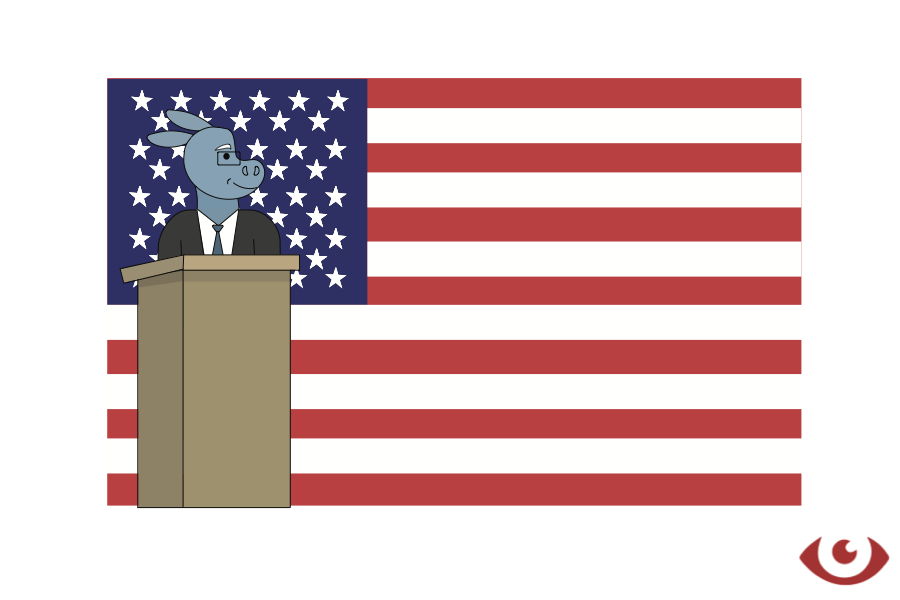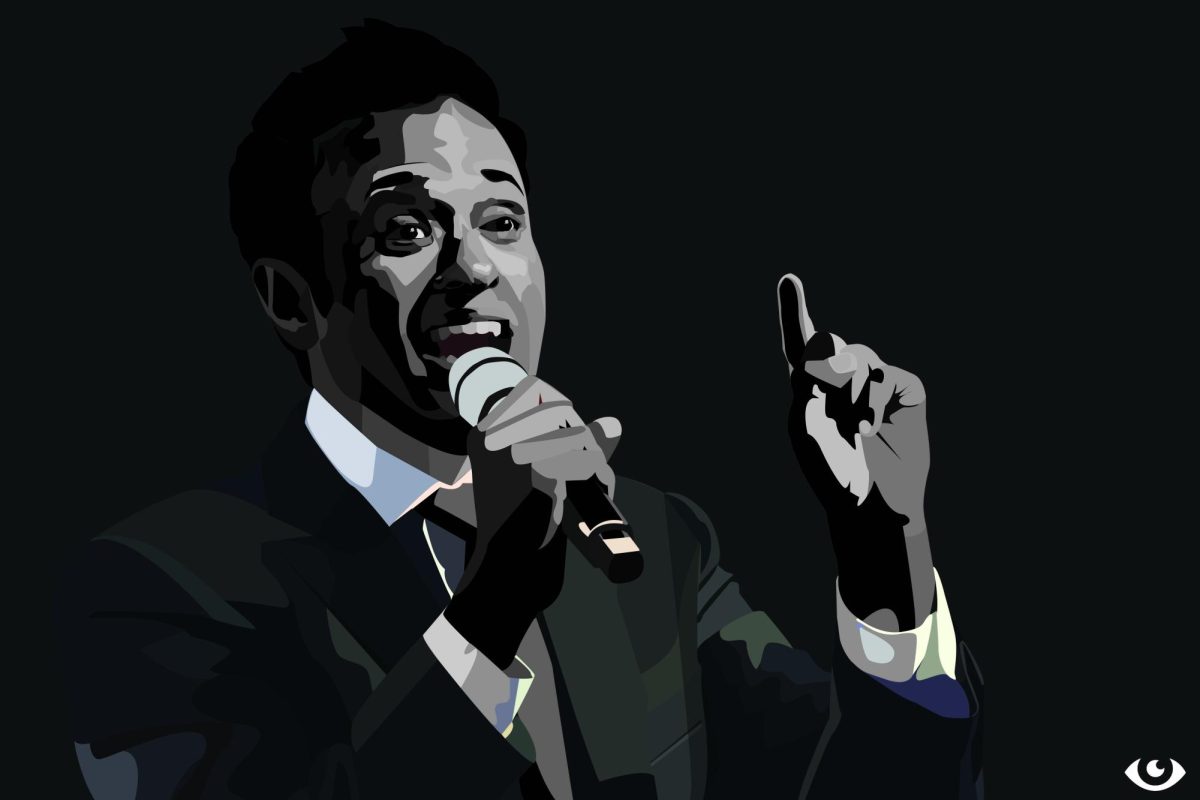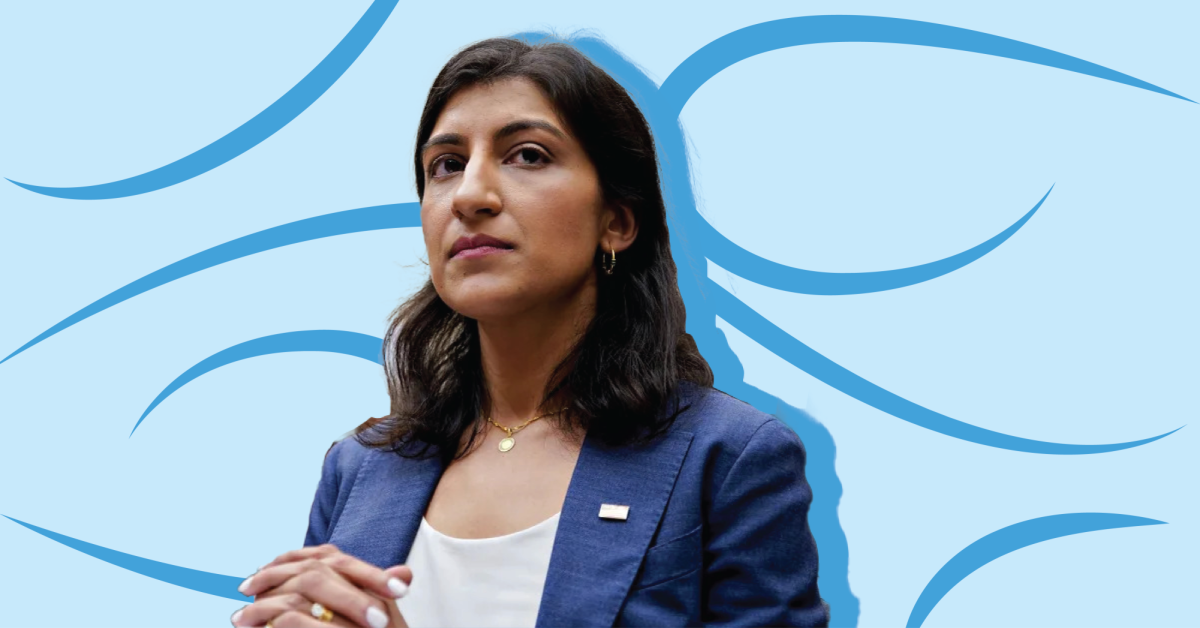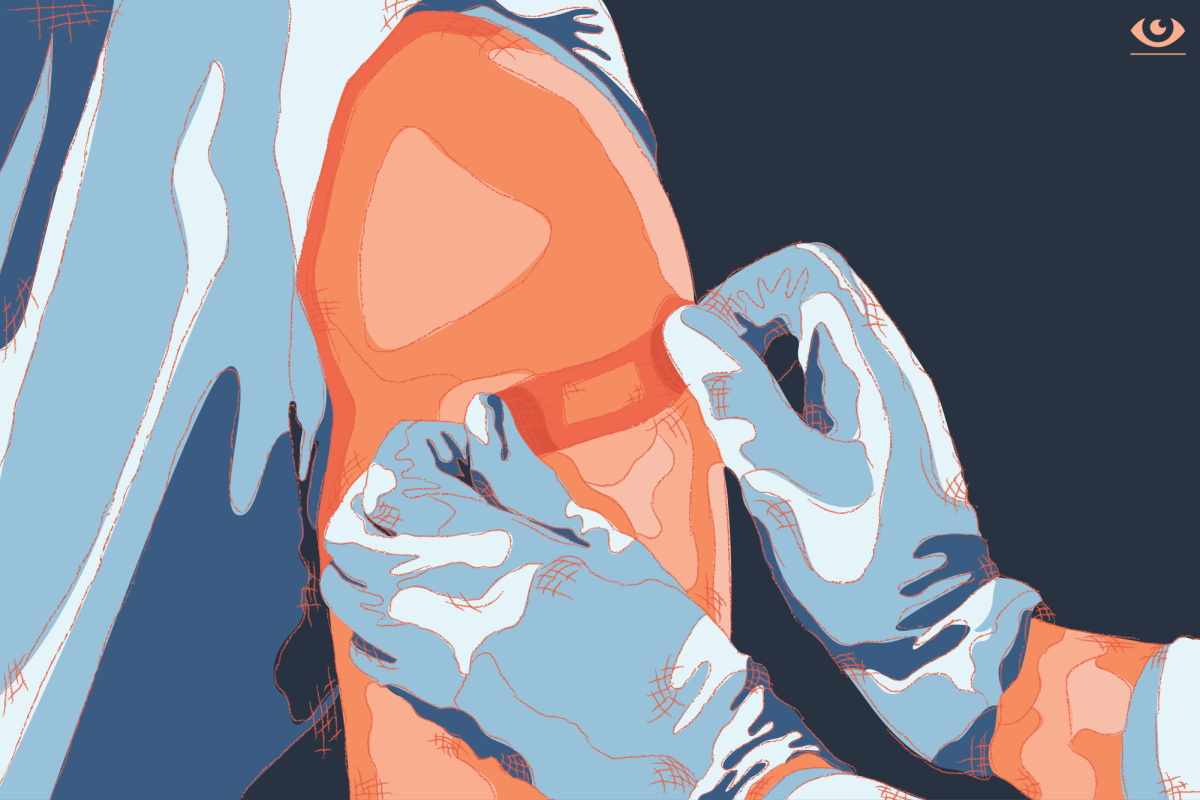In 2022, a group of Louisvillians met in the basement of a Smoketown church, mere miles away from the wealth and excess of Churchill Downs, to battle poverty. This was a meeting of the newly formed Louisville Tenants’ Union, made to lobby for the rights of renters and stop the gentrification of low-income Louisville communities. Their successful bargaining, growing membership, and working class organizers got the public’s attention, causing the New York Times to print their story.
It had this effect for a few reasons. For one, the image of a diverse group of people fighting for change is inspirational in any context. More important, however, is the fact that the fight for social equity is always more compelling when coming from the grassroots, rather than impassioned speeches cried down from the turret of a white marble building, which is what much of the public sees in today’s political landscape—especially on the progressive side. The Democrats’ future depends on finding a way to shirk the idea that the party is entirely run by detached coastal elites.
The Democratic Party in 2024 shows liberalism’s hamartia: the issues that it addresses are largely the plights of underprivileged, uneducated people, but its solutions (and therefore its messaging) often hinge on the predictions and musings of the educated, the privileged, and the moneyed.
Because of the air raid sirens of elitism that this creates in the heads of voters, Republicans wield it to discredit any liberal argument made by someone with deep pockets who doesn’t use them to hold a pistol. When “Goodfellas” actor Robert De Niro spoke out against Donald Trump, saying he “never really” cared about politics before the former President entered the scene but felt the need to call out his indecency, Fox News’ Joe Concha went on the attack.
“(De Niro) is a multi-millionaire who doesn’t feel inflation or rising gas prices,” Concha said, “he doesn’t feel crime in New York spiraling out of control.” Crime rates in New York City have been steadily declining since the 1990s. “He’s just another elitist,” Concha continued, “He’s telling us how to think.”
Fox News’ primetime anchor is Jesse Watters. Watters, who in 2016 famously paraded into New York’s Chinatown to videotape interviews with non-English speakers without their consent and make fun of them, has a net worth of $10 million and an estimated annual salary of $5 million. He makes political statements constantly on his show, and never once has Joe Concha called him an elitist telling us how to think.
Enter Minnesota Governor Tim Walz, the accusation of liberal elitism’s one-man rebuttal. Born in Nebraska, the 60-year-old veteran and former teacher won the hearts of Democrats nationwide with his approachable, dad-like demeanor and sharp insults of former president Trump’s running mate, J.D. Vance. He entered politics at the age of 40—a stark contrast to the Democratic “career politicians” often lambasted by the GOP—and rose to fame with his signature attack of the modern Republican Party: not “deplorable,” not “antithetical to the principles of democracy,” but “weird.” One word, one syllable.
Kamala Harris’ story is different from Walz’s, but—as overly cautious progressives could do well to learn—she’s no less of an ordinary American. The daughter of immigrants and a woman of color, she presents an idealistic brand of West Coast progressivism which brought her to a 2020 presidential candidacy that died before it began. Despite humble beginnings, her service as a tough-on-crime prosecutor in California hardly silences accusations of coastal elitism. Still, her energy, intelligence, and representation combined with being born and raised in one of the most liberal states in the Union make her an excellent candidate to inject an ecstatic hope in the Democratic base.
If they want to secure and maintain their dominance, the Democratic Party must balance their messaging between lamenting the plight of the underprivileged—especially rural communities, the Party’s historical weak spot—and delivering highly thought-out, data-driven, and practical solutions.
This is the perfect ticket for those two objectives. In it, the American people see a prosecutor running against a felon, and a state university graduate who provided free school lunches for his citizens running against an Ivy League diploma-holder backed by billionaires. The comparison is almost comical.
A common objection is that Joe Biden also came from a middle-class background, as did Bernie Sanders and plenty of other Democrats, so the 2024 nominees are nothing special. Harris and Walz, though, have a talent that goes along with this, one that is a rarity in the Democratic Party, and that Donald Trump has in spades. They can mobilize the grassroots. They can make everyday people care deeply about politics and feel happy about the candidates they’re supporting. When this happens, it draws further public attention towards them, creating new supporters in a virtuous cycle that may prove to be unstoppable. This is what makes people gather in community centers to fight for their right to affordable housing, it’s what makes them raise hundreds of millions of dollars for campaigns, and it’s what wins elections.
Harris and Walz need to use their extraordinary public speaking talents and media teams to set the narrative about themselves before anyone else does. The DNC has solidified them, and the Democrats’ best move now is to defend them while the mortar is setting.
















Isabella Shory • Sep 6, 2024 at 8:05 pm
I’m much smarter after reading this, thanks Grady!
Caleb Singleton • Sep 5, 2024 at 11:50 am
This is an amazing article Grady